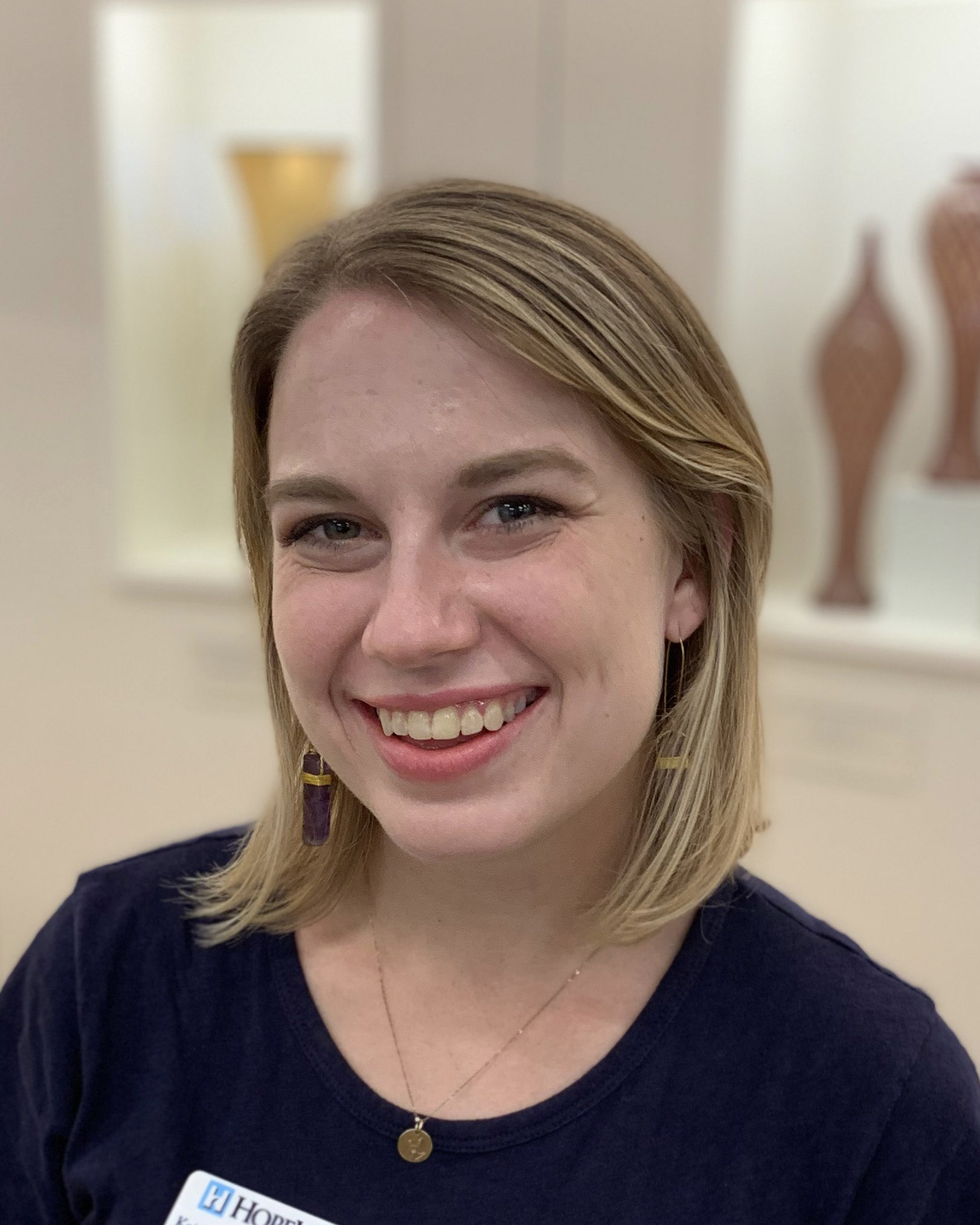Journaling for Mental Health
December 13, 2024
Kaitlin Wightman-Ausman, MT-BC, Music Therapist
Writing as Therapy with a Mental Health Journal
Writing has been around for thousands of years and is typically a skill we learn at a young age. We often associate writing with academic or work settings, when in fact, the act of writing can be a powerful therapeutic tool.
Why is Journaling Good for Mental Health?
Writing, specifically journaling, can have a significant impact on our mental wellness. As a form of self-expression, studies show that journaling can decrease the stress hormone, cortisol, boost memory, and improve emotional intelligence.1 Journaling gives our thoughts a place to go. When something feels really big or overwhelming, getting it on paper can make the situation feel more manageable. Also, there is no right or wrong way to do it!
7 Tips On How to Journal for Mental Health
While the actual act of writing is somewhat second nature, journaling can feel daunting for folks who are just getting started. Here are some tips on how to start journaling or to continue your journaling practice.
1. Find a private, comfortable space (maybe light a candle or turn on some soft music).
2. Get a journal or notebook (sometimes carrying it with you helps to build the routine).
3. Date every entry (this helps to recognize patterns or cycles).
4. Keep what you write (you never know when past journal entries will inspire you).
5. You can free flow, start with a journal prompt or something more structured like a “sentence-stem” (click here for ideas).
6. Write quickly (this helps prevent “writer’s block” and tames the inner critic).
7. Tell the complete truth (your journal will not judge you and your thoughts are just for you).
Please note: If you are unable or prefer not to write by hand, you may type or dictate your journal entry instead. You will still benefit from getting your thoughts out of your mind and into another space.
 Kaitlin Wightman-Ausman is a board-certified Music Therapist who was born and raised in Charlotte. She attended Appalachian State University where she was able to combine her passion for the arts and human services to obtain a degree in Music Therapy. As a board-certified Music Therapist, she has worked with individuals and groups in both medical and clinical settings. She has also received additional training in trauma-informed care, mindful movement, meditation, and befriending the nervous system. At HopeWay, Kaitlin leads groups in Music Therapy and journaling, as well as a gender and sexuality peer support group. She also meets with clients one-on-one for individual Music Therapy sessions to address goals such as decreasing symptoms of depression and anxiety, increasing self-awareness, and providing opportunities for self-expression. Through her work, she has had the privilege to support clients as they learn to move through difficult experiences like anxiety, practice compassion for themselves and others, and embrace their own unique strengths. Outside of the clinical setting, Kaitlin enjoys singing in choir, spending time in nature, and playing board games with friends.
Kaitlin Wightman-Ausman is a board-certified Music Therapist who was born and raised in Charlotte. She attended Appalachian State University where she was able to combine her passion for the arts and human services to obtain a degree in Music Therapy. As a board-certified Music Therapist, she has worked with individuals and groups in both medical and clinical settings. She has also received additional training in trauma-informed care, mindful movement, meditation, and befriending the nervous system. At HopeWay, Kaitlin leads groups in Music Therapy and journaling, as well as a gender and sexuality peer support group. She also meets with clients one-on-one for individual Music Therapy sessions to address goals such as decreasing symptoms of depression and anxiety, increasing self-awareness, and providing opportunities for self-expression. Through her work, she has had the privilege to support clients as they learn to move through difficult experiences like anxiety, practice compassion for themselves and others, and embrace their own unique strengths. Outside of the clinical setting, Kaitlin enjoys singing in choir, spending time in nature, and playing board games with friends.Learn More About HopeWay
